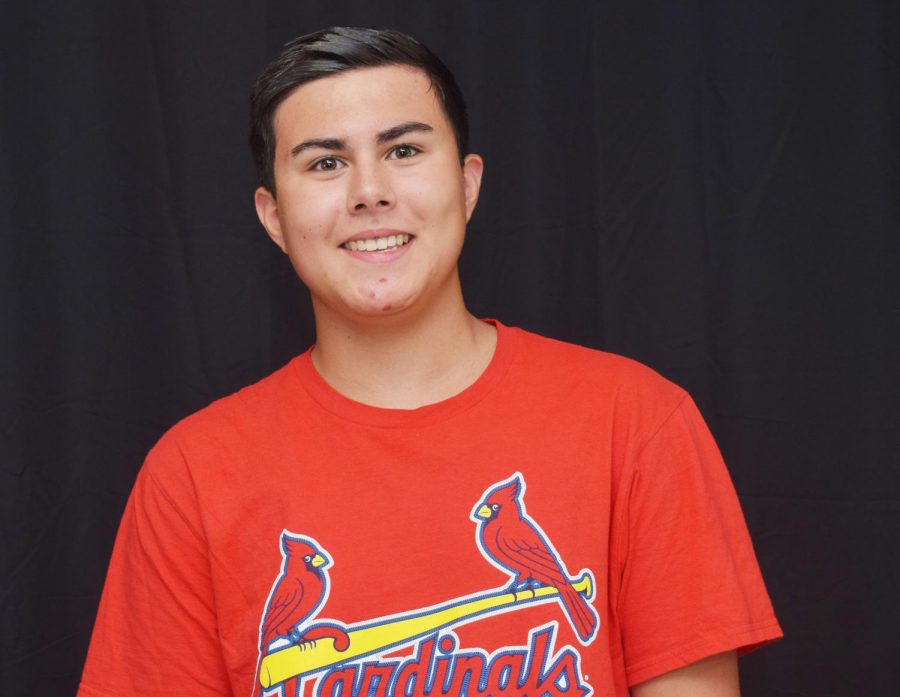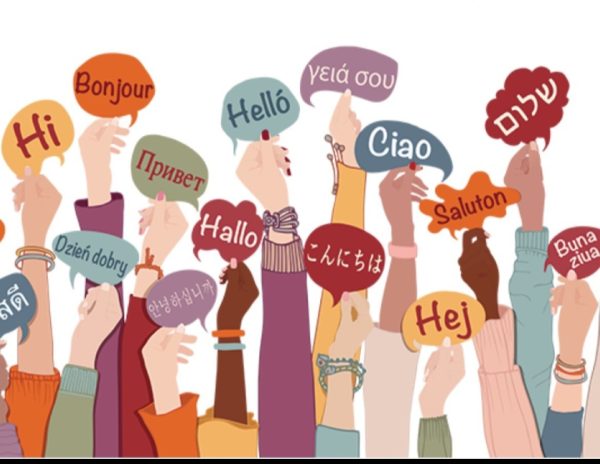How COVID-19 is being reported (or not) throughout the world
Then there’s Russia. Russia also has a very limited free press, similar to Hungary, and basically all of the major news and media outlets are state-backed. But unlike all of the other countries I have mentioned, Russia has been surprisingly silent on how it’s handled the COVID-19 pandemic.
The current coronavirus pandemic has left no stone (or in this case, country) unturned.
Every country in the world has at least 1 novel coronavirus case, with some, like the United States, having over 100,000 cases (the US is quickly closing in on one million cases). So, of course, every country’s press will be covering the pandemic in one way or another.
In the United States, coverage has been varied. There are the normal opinion pieces from CNN, FOX, and NBC, straight-up reporting on the cases per state and what states have been doing to curb the spread and flatten the curve. However, the best coronavirus reporting has been telling the stories of those who have sadly passed away from the disease.
These obituaries have been touching, and do a dutiful job of remembering those who are no longer with us. An example of this is a recent New York Times obit on a NYC doctor who committed suicide while on a mental health break in Charlottesville, Virginia. It included interviews with the family and detailed background on her job, and reflected on how her job in the front line had both given her the virus (she’d recovered) and increased stress.
The BBC, and British news in general, have generally done the same thing both with telling the stories of the dead and covering the news. The British and American press have operated similarly for years, and their coverage of the coronavirus pandemic has been no different. Ireland is another country whose coverage has been similar, as they tend to take after the British model. In fact, most European countries tend to have similar press coverage. There are three that I think really differ from the rest: Belarus, Russia, and Hungary.
Of course, Belarus is known as Russia’s underling in many ways, and its president, Alexander Lukashenko, has refused to fully close the country. Sporting events still go on in the country, and he even played in a hockey game a couple weeks ago. Lukashenko has scoffed at lockdowns and encouraged his citizens to “drink vodka and visit saunas twice a day.”
Safe to say, the Belarusian press have lapped this up, while his people grow angrier and angrier. In fact, one Lukashenko supporter called him “a complete idiot” due to the way he’s handled the virus, and his stronghold on the country he’s ruled since it gained independence from the USSR in 1991 may be weakening.
One autocratic leader who’s grip on his country has only tightened during the pandemic is Viktor Orban of Hungary. He was able to force through a law extending the country’s state of emergency, which should be a good thing, but it also allows him to suspend any current laws or create new ones as desired.
Orban also essentially controls Hungary’s press thanks to an organization known as KESMA (comprised of hundreds of pro-Orban papers), and has restricted the independent press with said organization, so it’s safe to say that all of the major Hungarian papers are all supporting Orban’s efforts to combat the virus.
Then there’s Russia. Russia also has a very limited free press, similar to Hungary, and basically all of the major news and media outlets are state-backed. But unlike all of the other countries I have mentioned, Russia has been surprisingly silent on how it’s handled the COVID-19 pandemic. There have been more reports from Russia over the past couple of weeks, especially as Russia has passed over 100,000 cases with Putin warning that they’ve yet to hit their peak, but the abnormal silence from both the Russian press and Putin himself is something we’ve never really seen before.
Overall, most countries have been reporting on the pandemic the way you’d expect them to: combining straight facts with touching obituaries to paint a vivid picture of how coronavirus has uprooted daily life. But some countries, especially those with state-owned media and autocratic leaders, have done the exact opposite, and it’s not good for their people, who can’t get reliable news coverage on the virus.
We, as journalists, need to make sure that we do the best we can worldwide to cover the pandemic, whether your paper is state-backed or not.
The world needs responsible reporting now more than ever, and we all need to play our part.












